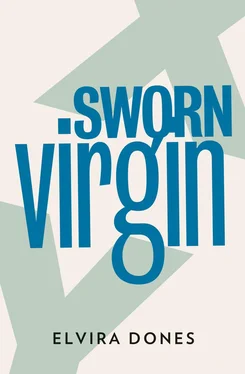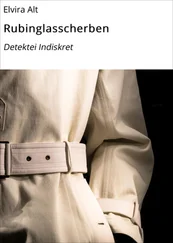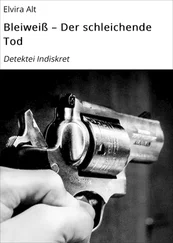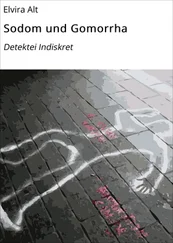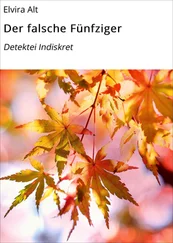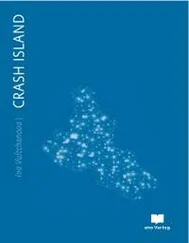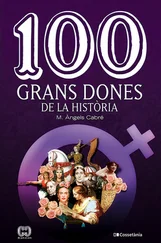Hana wants to go outside, sit on the half-rotten chair in the courtyard and finally open Lila’s letter. But she takes her time. She remembers that today some more foreigners are due in Rrnajë. The village has been waiting for them all week. At least there’s something going on, something to help kill a bit of time.
When the foreigners arrive at the village, though, the few people still living there refuse to open their mouths. They sit in silence, proud and shy at the same time — although these days any real pride there was seems to have melted along with the snow in the sunshine. Even pride is hidden and fugitive. Westerners come and ransack stories from these ‘primitive and mysterious’ northern mountain folk. Anyone who wants to tell their life story can do so, and in return get foreign currency, dollars or Deutschmarks.
There are those who will blurt out any story that comes into their heads, who cares if it’s true or not. Foreigners buy the stories they want to hear, and they don’t care about the truth any more than the locals. In the old days it had been different. Mountain people were hospitable but hermetically sealed off from the world. They would open the doors to their kullë , but not to their inner world. You had to smell out their souls on your own, if you knew how. Now poverty has forced them to learn new tricks in a hurry, because pride doesn’t put food on the table. Neither does work, for that matter; most of the year up in the mountains there is none.
Hana puts her hands to her head as if ready to unscrew and take it off. She feels a momentary flash of pleasure.
This winter there has been a lot of snow. She pines for previous winters when it mostly rained. The sound of dripping rain is company; rain doesn’t isolate you as snow does. They’re just little things, she thinks, nothing you can’t get over. Little things.
She’s disturbed by the name of the interpreter who’s scheduled to arrive with the foreigners. She’s called Blerta, like her best friend from college. She hasn’t seen her since then. Why would she be coming up here with these foreigners?
She finally steps out into the courtyard. Don’t get yourself worked up, she tells herself, while she observes her favorite hen, which she has called Angelina. Red from her beak to her tail feathers, she struts with a regal air. She’s intelligent and a bit of a bitch. She steals pieces of bread from her companions when they aren’t looking. But she’s classy too. In a previous life she must have been someone famous, or a lion. Or perhaps the leader of a flock of migrating birds.
The sheep are nudging up to the table where Hana has put the dish of stale bread. The hens are beginning to worry they’ll be trodden underfoot by the sheep, who start to butt at the table. She picks up the dish, walks over to the other side of the courtyard and scatters the food.
Lila writes:
Hey, Hana, dear cousin. Here I am, writing to you with so much nostalgia and admiration for what you are doing. People are talking, you know? They say you’re a good truck driver, and that everyone respects you. The rumors come all the way here to America, you know? You’d better believe it. Some Albanians are here with a green card, and others are here on a three-month tourist visa to stay with relatives. You’re the only one up there in cloud cuckoo land.
What are you doing there? I keep asking myself? Why don’t you come here? You’d be taking the most important step in your life. You’re wasting it, you know? As if it wasn’t your life to live. You should think about it. Right, Hana? Do you promise, that you’ll think about it.
Her cousin has a problem with punctuation. What’s a question mark doing after ‘I keep asking myself’? And what about the comma after ‘promise’ in the last sentence? Sometimes Lila has a problem with logic too. There’s only one thing she really does well, and that’s make Hana cry, always. The other great thing about Lila is her love for Shtjefën. She loves him to bits. She calls him ‘her harbor, her home, and her roof.’ She’s really something, Lila.
She goes and rinses her face in Aunt Katrina’s copper washstand. Then she straightens up and casts a stern eye over the courtyard. It’s time to get cracking, she tells herself. But the gleaming copper of the washstand catches her eye. She has never let it tarnish; she polishes it assiduously. It’s the most beautiful object in the house. It was in Aunt Katrina’s dowry chest. Before it became hers it had been her mother’s and, before that, her grandmother’s. Family tradition has it that it goes back two centuries. It is elegant and understated. The women of the house have only ever used it for washing their faces. One day, if she ever does make it to the United States, she’ll take it with her. The thought courses through her like a bolt of lightning. Now it really is time to get cracking.
She mends the wooden fence that is falling apart. She cleans out the stable and gets the animals back in so that she can rake the whole courtyard clean. She checks on the seedlings she planted two weeks ago and covered with plastic sheeting. As she goes about all these chores she lights each cigarette from the one before.
If it doesn’t rain, she’ll finish all her jobs tomorrow. The day after tomorrow she’ll deal with her Chinese truck. She needs to take it to Scutari to check the brakes. In the summer she uses it to transport vegetables into town and back, or to take people to weddings in Scutari or Lezhë.
Lila’s letter has burrowed down into her guts. She goes over and over every passage in her mind: how Jonida is growing; how she and her husband are so beat after work they fall asleep on their feet; how well they feel and how they make ends meet even though there are still many hardships; how happy they would be to have Hana come stay with them.
This is the fourth time I’ve written you, Hana, and it’s not easy for me to write so try and imagine how hard it is for me to put down all my thoughts in any kind of order and don’t even think about giving me a hard time about it. So are you going to send me an answer? Do you want to come on vacation one time just to see what it’s like before making up your mind? You can’t carry on being a man just because once upon a time you had to turn into one. If you wait too long you’ll get old, and old age is no picnic, they all say.
When she hears knocking at the courtyard gate she’s covered in dirt and sweating. She shouts at the unknown visitor to come in and waits with her hands thrust into her pockets.
It’s Blerta; Blerta’s head peering shyly round the gate. They look each other up and down. Hana imagines the effect she’s having on her old schoolmate, but decides not to care. She pushes her hands deeper into her pockets. Blerta is so womanly, so beautiful. Long, straight, very blond hair, a long black V-neck sweater over a shirt and red pants. Almost no makeup, just a hint of lipstick.
‘Hey, Hana,’ Blerta says.
‘I’m Mark. I’m not Hana anymore, and you know it.’
‘Yeah, of course I knew it, but I didn’t know how to …’
‘Cut it out.’
‘Can I come in?’
‘You’re already in. Welcome, Blerta.’
Hana turns back towards the kulla , but she realizes her friend isn’t going anywhere. Hana stops in her tracks without turning around.
‘It’s just you, I hope. You wouldn’t bring your journalists, right?’
‘No.’
‘Ok then, come on in. I’m happy to have you here.’
Things are better inside the kulla . It’s too dark inside for Blerta to keep on X-raying her. Hana feels more protected.
They sit down on the shilte . The guest looks around. Hana lights a cigarette and hands over the tin box where she keeps her rolling tobacco.
Читать дальше
